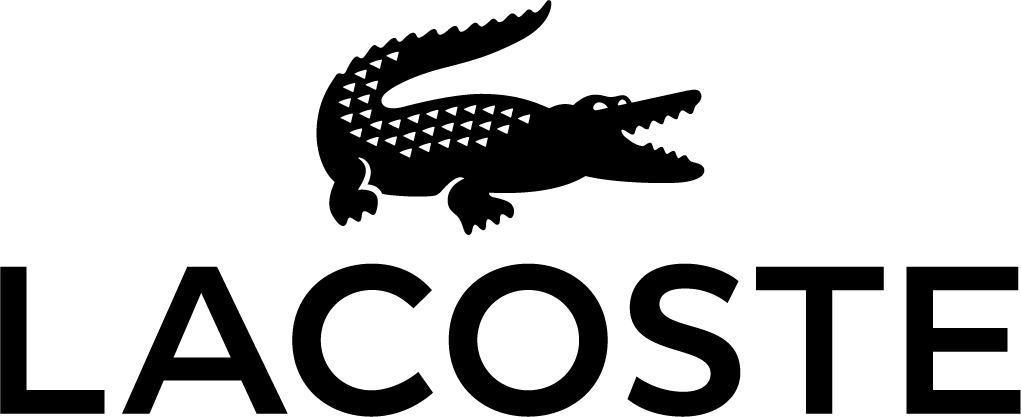
Almost every classroom has children who struggle more than their peers, whether academically, socially or [behaviorally].
What many parents and teachers don’t realize is that these kids may have a visual skill deficit that’s triggering their struggles.
Experts estimate that 1 in 10 children will go through early childhood with an undiagnosed visual problem that can lead to learning and behavioral problems.
That’s why it’s crucial to have a struggling child evaluated by a developmental optometrist to rule out, identify and treat any visual dysfunction with vision therapy.
At Vision Therapy Center at The Solution Center of Professional VisionCare, we believe that educating parents and teachers about the warning signs of visual dysfunction is the first step toward ensuring that every child with a visual deficit is given the treatment they need to thrive.
Why Are Vision Problems So Commonly Overlooked?
Children, especially toddlers and preschoolers, often lack the verbal skills necessary to communicate a visual problem.
And even if they’re able to communicate, most kids may simply assume that their vision is fine, and that they see the world the way everybody else does.
School vision screenings also play a role here.
These basic screenings really only test a child’s eyesight, or visual acuity — how clearly they see distant objects. What the screenings fail to test are the rest of the 16 visual skills necessary for healthy development and learning. Some examples are eye tracking, focusing, convergence and eye teaming.
In other words, a child can pass the school’s vision screening with flying colors and still have a visual skills deficit that can negatively affect learning and behavior.
Telltale Signs of Visual Dysfunction In Children
So, how do you know if your child or student has a visual problem?
While the only way to know for sure is through a functional visual evaluation, there are some signs and symptoms to watch for that may warrant a call to Vision Therapy Center at The Solution Center of Professional VisionCare.
A child with visual skills deficits may experience any of the following medical symptoms:
- Headaches
- Eyestrain
- Nausea / vomiting
- Double vision
- Dizziness
- Poor hand-eye coordination or clumsiness
- Hyperactivity
- Inattentiveness
- Lack of motivation
- Refusal or hesitation to do homework
- Poor reading comprehension
- Skips lines or words when reading
- Frequent eye rubbing and head tilting
If a child displays any of the above symptoms, call Vision Therapy Center at The Solution Center of Professional VisionCare in Lewis Center to schedule a functional visual evaluation.
How Does Vision Therapy Work
If a visual deficit is detected, we may recommend vision therapy as the best treatment option.
Vision therapy is a customized treatment program that trains the eyes and brain to communicate seamlessly. When the eyes don’t send a unified message to the brain, or the brain has difficulty processing incoming visual information, vision therapy works by correcting those pathways at the source.
During a vision therapy session, your child will be shown and instructed to do several eye exercises to strengthen the visual system. Vision therapy sessions are done in-office, but certain eye exercises should be [practiced] at home, in-between visits.
Vision therapy has been clinically shown to effectively treat eye misalignment disorders, lazy eye (amblyopia), focusing problems, convergence insufficiencies and ocular motor dysfunctions.
Our skilled and friendly optometric team has lots of experience working with children of all ages and helping them feel safe and comfortable during the entire process.
Make sure that your child isn’t part of the 10% of kids with undiagnosed, and therefore untreated, visual skills deficits. To schedule your child’s functional visual evaluation, contact Vision Therapy Center at The Solution Center of Professional VisionCare in Lewis Center today!
Frequently Asked Questions with Dr. Carole Burns
Q: How can visual dysfunction affect learning and development?
- A: An estimated 80% of classroom learning is dependent on vision. Subpar visual skills can impede learning by making it unnecessarily difficult for a child to see the board from their seat, read, write, play sports and interact confidently with their peers. Ultimately, this can lead to reduced self-esteem. Making sure your child’s vision is healthy will set them up for academic, social and overall success.
Q: How long does vision therapy take?
- A: The length depends on each patient’s individual condition and needs. A vision therapy program can last anywhere from several weeks to a few months. Speak with your eye doctor about how long your vision therapy program is expected to take.































